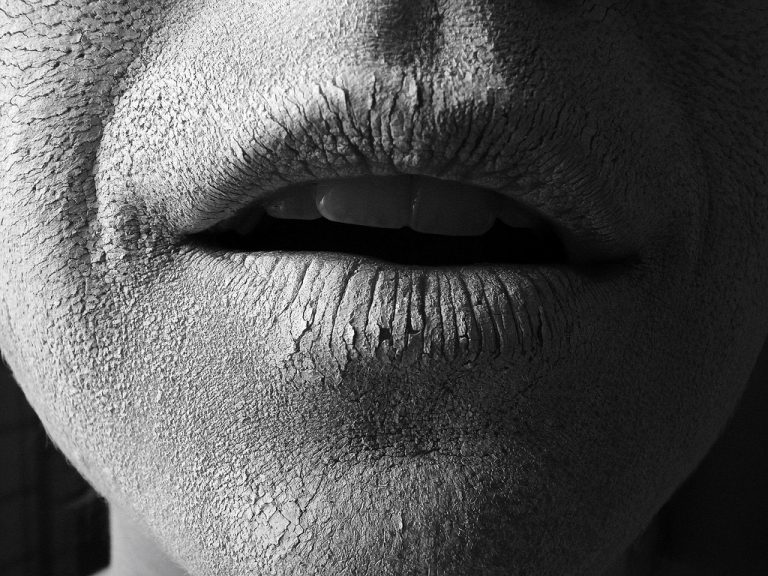
You shouldn’t be alarmed if you have a dry mouth from time to time. It happens to everyone. If you are experiencing a dry mouth that doesn’t go away, then you may have a problem and need to consult with your dentist. Chronic dry mouth, or xerostomia, is the result of having an inadequate production of saliva in your mouth.
Signs of dry mouth include:
Dry mouth occurs when the saliva-producing glands in your mouth are not working properly. This may be due to one of the following:
Having severe dry mouth may also be caused by having an autoimmune disorder known as Sjorgren’s syndrome. Your body’s immune system will mistakenly attack your moisture producing glands. If you have Sjorgren’s syndrome, you will experience more than just a dry mouth. This includes dry eyes, joint pain, and fatigue.
*If you think you may have Sjorgren’s syndrome, consult with a doctor right away. It can cause problems associated with your kidneys, lungs, intestines, blood vessels, pancreas, liver, and central nervous system.
To cure your dry mouth, you have to minimize whatever is causing it. Try one of the following remedies:
Try to reduce your consumption of products that may make your dry mouth worse. This includes over-the-counter antihistamines and decongestants, coffee, alcohol, and tobacco products.
If you have severe dry mouth and the above treatments do not help, we may prescribe you medications such as pilocarpine or cevimeline, which will stimulate the production of saliva. We can also give you fluoride trays to wear at night and give you a fluoride treatment to help prevent further damage to your teeth.
Having a dry mouth can be extremely uncomfortable and may have serious implications for your oral health. It makes your mouth more susceptible to infection, irritation, and inflammation. Without saliva protecting your teeth, tooth decay will also occur at a rapid rate. Contact us today to schedule an appointment or ask us any other questions about dry mouth.